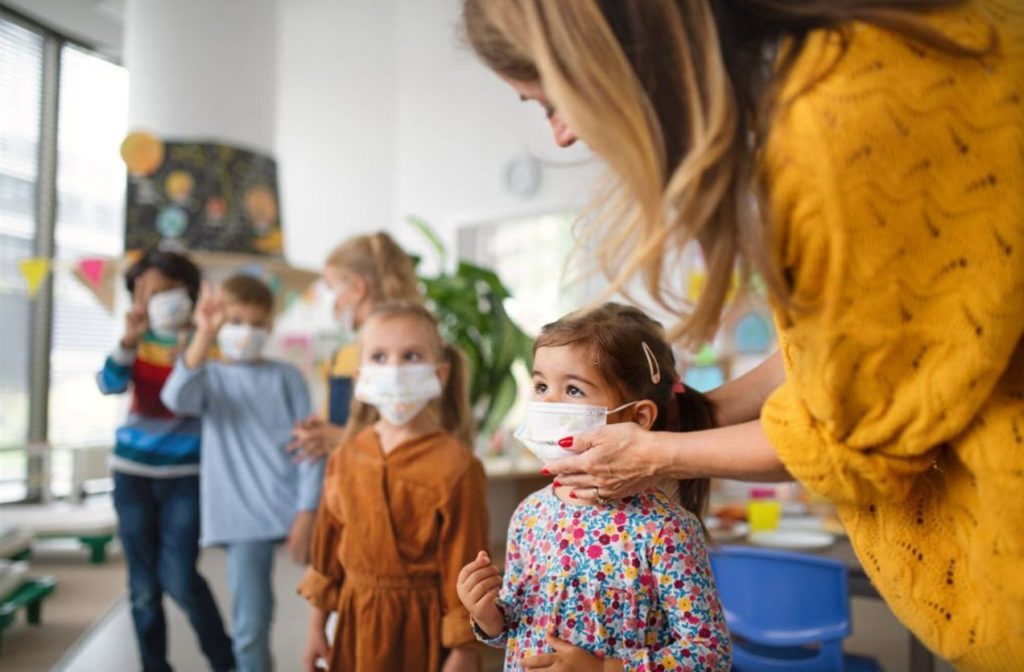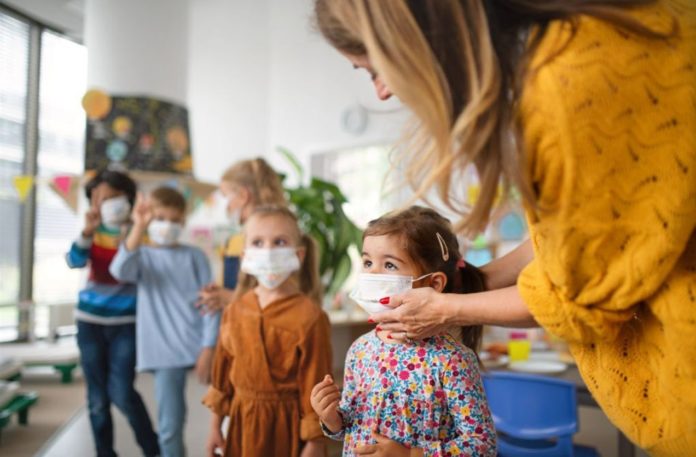COVID-infected children, even with mild SARS-COV-2, are more vulnerable in the long run compared to adults.
Children who catch Coronavirus may be less likely than adults to develop antibodies against the COVID-19, says new research published today in the JAMA network.
A process known as seroconversion was examined in the study to see whether infection led to the production of particular antibodies against the virus in the blood.
It was discovered that, despite having equal virus loads, children with moderate COVID-19 are less likely to develop seroconversion than adults.

This household cohort study of SARS-CoV-2 infection gathered once a week nasopharyngeal and throat swabs and blood samples for analysis every week for seven and 12 days for children and 41 and 49 days for adults after they had been diagnosed with the virus by polymerase chain reaction (PCR).
From May 10 to October 28, 2020, participants were recruited at The Royal Children’s Hospital in Melbourne, Australia.
Patients who tested positive for SARS-CoV-2 in a nasopharyngeal or oropharyngeal swab material utilizing PCR analysis were included in the study.
Among the 108 people with SARS-CoV-2–positive PCR results, 57 were children (35 boys [61.4 percent]; median age, 4 [IQR, 2-10] years) and 51 were adults (28 women [54.9 percent]; median age, 37 [IQR, 34-45] years).
Using the three standard serological assays, children exhibited a lower proportion of seroconversion to IgG than adults (20 of 54 [37.0 percent] vs 32 of 42 [76.2 percent]).
This result was not associated with viral load, which was similar in children and adults.
In addition, age and sex were not associated with seroconversion within children (median age, 4 [IQR, 2-14] years for both seropositive and seronegative groups; seroconversion by sex, 10 of 21 girls [47.6%] vs 10 of 33 boys [30.3%]) or adults (median ages, 37 years for seropositive and 40 years for seronegative adults [IQR, 34-39 years]; seroconversion by sex, 18 of 24 women [75.0%] vs 14 of 18 men [77.8%]) (P > .05 for all comparisons between seronegative and seropositive groups).
Symptomatic adults had 3-fold higher SARS-CoV-2 IgG levels than asymptomatic adults (median, 227.5 [IQR, 133.7-521.6] vs 75.3 [IQR, 36.9-113.6] IU/mL), whereas no differences were observed in children regardless of symptoms.
Moreover, differences in cellular immune responses were observed in adults compared with children with seroconversion.
While symptomatic adults exhibited higher antibody levels than asymptomatic adults, this was not the case for children, who showed no differences regardless of symptoms.
Authors claim this suggests that children are more vulnerable to COVID-19 infection in the long run compared to adults.
Source: 10.1001/jamanetworkopen.2022.1313
Image Credit: Getty
You were reading: COVID-19 makes Kids more vulnerable in long run compared to adults – new study warns
